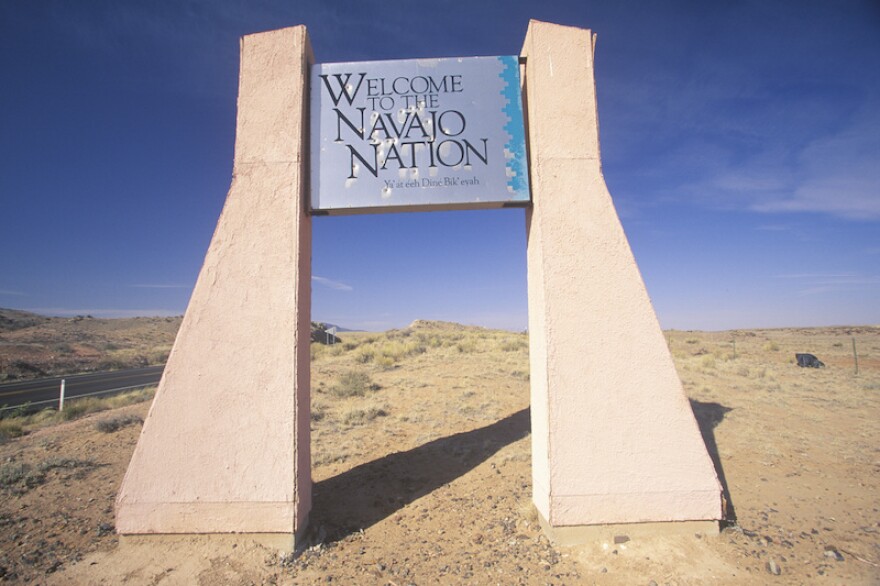As Native Americans are killed by the coronavirus at a rate nearly twice that of Caucasian people, groups are forming to care for and deliver supplies to Native elders.
Elders are the most vulnerable to the virus, and also have the most knowledge of Native languages and culture.
A group in Leupp called Defend Our Community delivers supplies, such as disinfectant wipes, Lysol spray, hand sanitizer, food supplies and water to elders on the Navajo reservation.
Monica Harvey, founder of the group and a citizen of the Navajo Nation, said because Navajo culture is so family-based, it's really hard when any elder in the community dies, whether they're a blood relation or not. Harvey's grandmother recently passed away from COVID.
"It's not only the traditions and the language that we're protecting," Harvey explained. "It's protecting that special person in your life, who no matter what, when you come over, there's food waiting for you, or there's a home you can stay in."
Many tribes are putting elders and fluent speakers of indigenous languages at the top of the list for the COVID-19 vaccine.
But many elders live far from clinics and hospitals, and there's mistrust of the federal government after a long history of forced assimilation and broken treaty agreements.
Harvey noted the pandemic has exacerbated underlying health conditions such as diabetes, obesity, high blood pressure and cholesterol, which afflict a high proportion of indigenous people compared with the rest of the population.
And social isolation has brought behavioral health issues into focus on reservations as well, from alcohol or drug abuse to mental illness.
"It feels like, yes, we're fighting COVID. But at the same time, we're fighting other contributors that's attacking the community and our elders," Harvey lamented.
She added Navajo citizens have been asking the federal government for help for years, but largely haven't received it.
She pointed to veterans of World War II who put their lives on the line for the federal government, but now have trouble accessing housing and other types of assistance.



